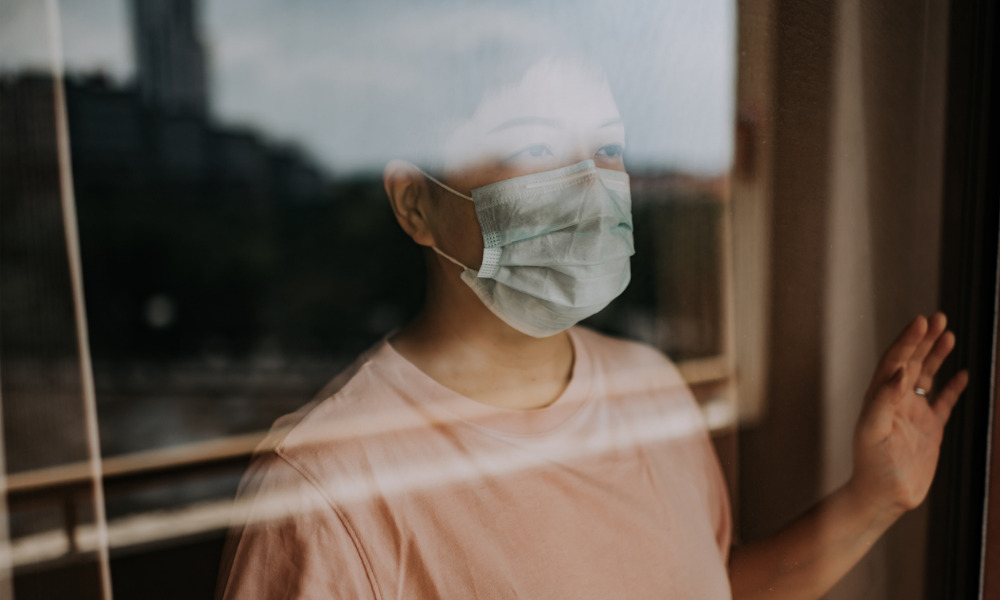
No to self-isolation, yes to negative RAT results

Businesses in Victoria and New South Wales are calling on the government to ease isolation requirements for household close contacts in a bid to reduce staffing shortages for workplaces.
Current rules state that household contacts of COVID-positive cases are required to undergo seven days of isolation regardless of their Rapid Antigen Test (RAT) result.
In a statement, the Victorian Chamber and Business NSW are proposing the dropping of the seven-day isolation period. Instead, if a household contact is feeling well and presents a negative Rapid Antigen Test, they should be permitted to report to work.
"We need to release the handbrake and enable businesses to operate at the maximum capacity possible and lead our economic recovery," said Victorian Chamber chief executive Paul Guerra in a statement.
According to Guerra, access to staff remains a major issue for businesses and the current isolation requirements are making it difficult for them to provide services and maximise opportunities.
"We are seeing other parts of the world moving ahead with revised requirements, and we can use that experience to our advantage," said the chief executive.
Read more: Victoria wants to expand paid family violence leave to private sector
Meanwhile, Business NSW chief executive Daniel Hunter also pointed out that self-isolation rules provide a "barrier" for workplaces in Australia's biggest economies.
"NSW and Victoria are Australia's biggest economies and the current isolation rules are providing a barrier to businesses as healthy people are forced to isolate unnecessarily," said Hunter in a statement.
In New South Wales, the state government has included air transportation staff to the list of critical workers so they can be exempted from self-isolation rules if they are household contacts.
"With NSW airport workers currently having an exemption to the household contact rules, there is inconsistency and unfairness – this needs to be fixed so that all businesses can have fair access to workers in the current tight labour market and be open for business," said the Business NSW chief.
He also pointed out that Victoria and NSW have "very high vaccination rates," with the former administering over 15 million doses so far and the latter over 17.7 million.
"NSW and Victoria have led the way for Australia with very high vaccination rates and demonstrated a capacity to live and work with COVID-19," said Hunter.
"Business needs certainty and we know that they are already struggling with supply chain issues and staff shortages. Let's give them the opportunity they need to continue their recovery and let's give it to them now."